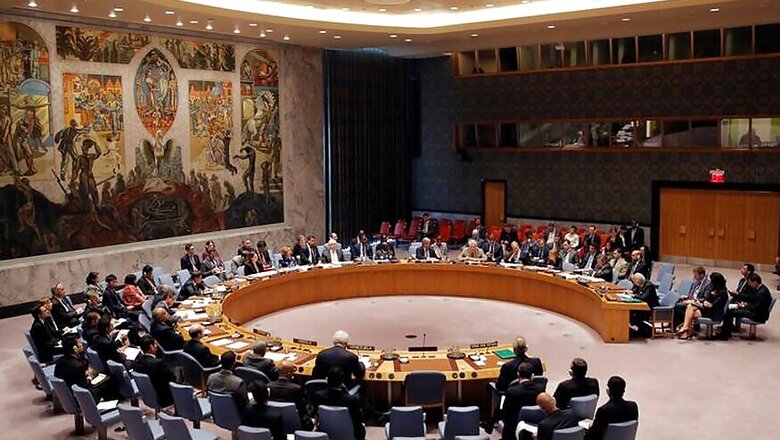
views
New York: Seeking to block India's bid for permanent membership to the UN Security Council, Pakistan has said it remains "firmly opposed" to the creation of new seats in the 15-member body as it would only "satisfy the hunger" of a few states for "power and privilege".
Speaking at the UN General Assembly on Monday, Pakistan's Ambassador to UN Maleeha Lodhi also blamed a "handful of countries" for the lack of any progress in the long-running negotiations to restructure the UN Security Council, an obvious reference to India, Brazil, Germany and Japan.
She blamed the countries for being "inflexible" in their push for permanent seats on the 15-member body.
"This selfish pursuit of national ambition is the real reason that has prevented us from making the Security Council more democratic, accountable, transparent and effective," Lodhi was quoted as saying by the Associated Press of Pakistan.
The Security Council is currently composed of five permanent members - Britain, China, France, Russia and the US - and 10 non-permanent members that are elected in groups of five to two-year terms.
Speaking in a debate on achieving equitable representation in the Security Council, Lodhi voiced support for expanding the Council's elected membership, while warning that the creation of new permanent seats would only "satisfy the hunger of a few States for power and privilege."
She said Pakistan remained "firmly opposed" to the creation of new permanent seats on the Security Council.
Despite a general agreement on enlarging the Council, as part of the UN reform process, member states remain sharply divided over the details.
Pakistan, a leader in the Uniting for Consensus (UfC) group, stands for creating a new category of membersnot permanent members with longer duration and a possibility to get re-elected.
But India, Brazil, Germany and Japan, known as the "Group of Four" have been campaigning for expanding the Council by 10 seats, with 6 additional permanent and four non permanent members.




















Comments
0 comment